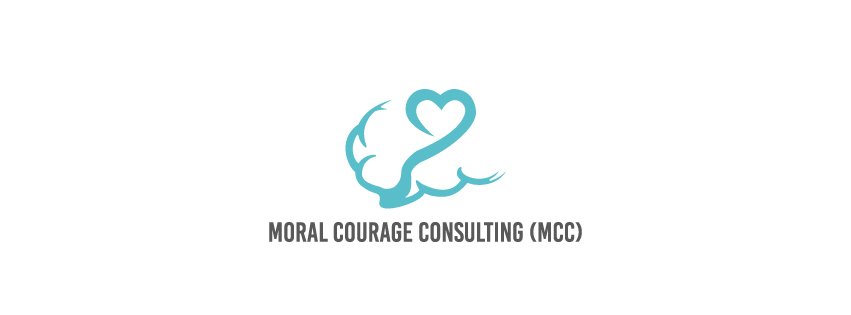Tragic Optimism
Viktor Frankl was an Austrian neurologist, psychiatrist, and Holocaust survivor who authored the book "Man's Search for Meaning." This book has become a cornerstone in the field of psychology and has had a significant impact on the ways in which professionals approach challenging situations.
One of the key concepts that Frankl introduced in his book is that of "tragic optimism." This is the idea that individuals can find meaning and purpose in even the most difficult and challenging circumstances. Frankl himself demonstrated this concept during his time in concentration camps, where he continued to find ways to help and care for others, even in the face of unimaginable suffering and loss.
Tragic optimism is not a denial of the tragic nature of the situation, nor is it a form of blind optimism. Rather, it is an acknowledgement of the reality of the situation, combined with the belief that something positive can still be gained or accomplished in the face of adversity. However, it is important to note that tragic optimism is NOT toxic positivity. It is recognizing both the painful situation and the potential meaning (aka the dialectic).
In the book, Frankl describes how he and his fellow prisoners would make bets on when they would be released. Some believed they would be out by Christmas, others by their birthdays or other important dates. However, many of them did not survive to see those dates. The importance is to have hope, but not to put parameters on the hope. Frankl stated he knew that he would survive, he just did not know when. Despite the overwhelming despair and suffering they faced, Frankl and others were able to find meaning in their experiences and hold onto hope for the future.
Frankl's story illustrates the power of tragic optimism and the importance of finding meaning in difficult situations. It shows that even in the most extreme circumstances, we have the ability to choose our mindset and find purpose in our lives.
Incorporating tragic optimism into daily practice can involve a variety of strategies. For example, professionals can prioritize self-care and self-compassion, recognizing that they cannot be effective helpers if they are not taking care of themselves. They can also seek out support from colleagues and mentors, and strive to find opportunities for growth and learning even in difficult situations.
Additionally, professionals can work to find meaning in their work, even in the face of difficult or traumatic experiences. By reflecting on their values and the impact they are making, professionals can connect with a sense of purpose and meaning that can help sustain them through challenging times.
The concept of tragic optimism can be a powerful tool for professionals in challenging fields. By focusing on what can be done, rather than what cannot, and by finding meaning and purpose in difficult situations, professionals can maintain a sense of resilience and purpose even in the face of adversity. Viktor Frankl's work and his book "Man's Search for Meaning" serve as a reminder that even in the darkest of circumstances, there is still potential for hope and growth.
How can you engage in tragic optimism in your work?
